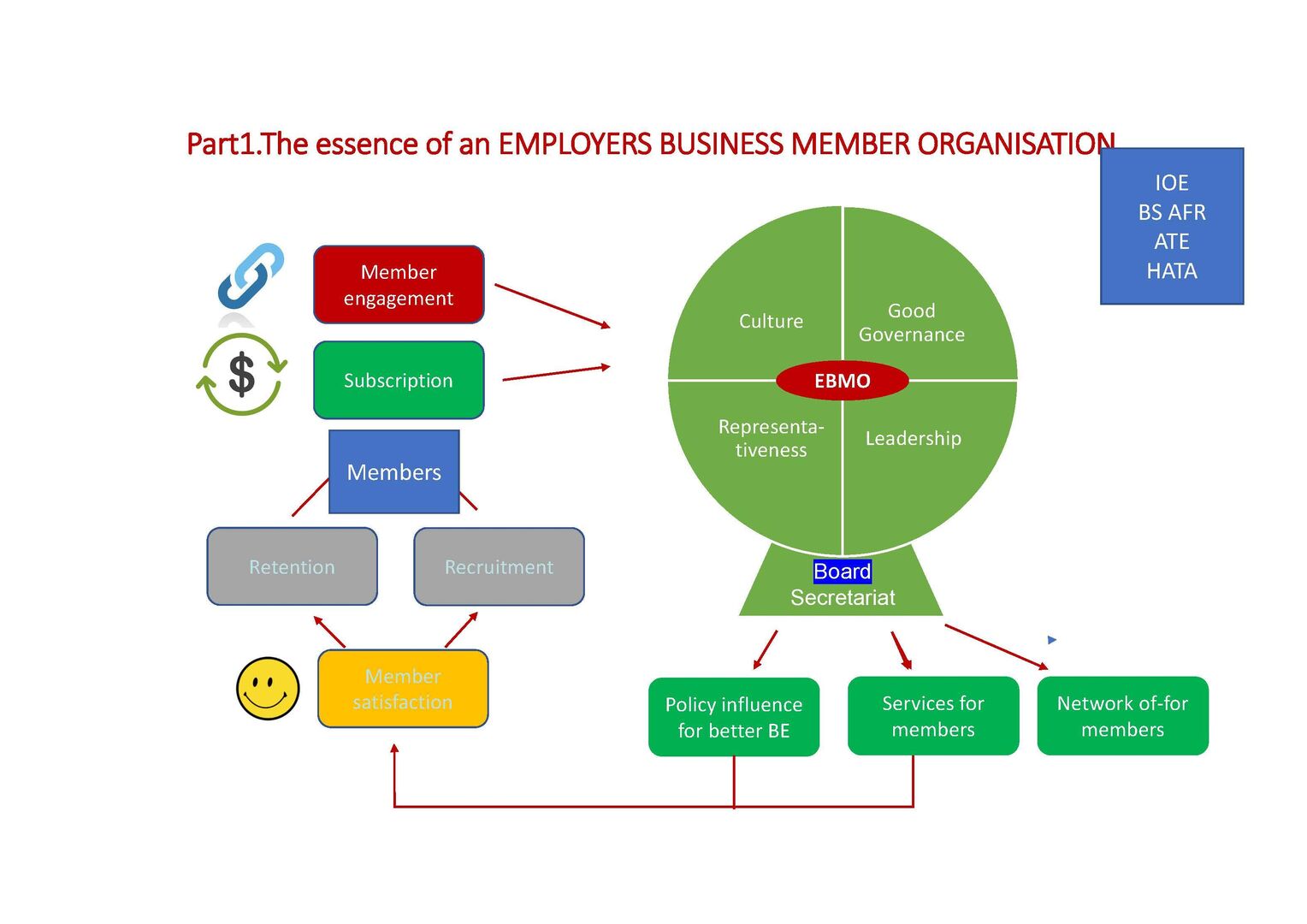

NEWLY ELECTED BOARD TANZANIA EMPLOYERS (ATE) ONBOARDED WITH DECP-NHO SUPPORT
The Association of Tanzania Employers ATE elected and installed a few weeks ago a new board. The important novelty is that the Board is only composed of company CEO’s. This is a move to ensure the presence of high level business leaders and to strengthen the link between ATE and the member companies at top level. The Board is representative for the whole of the Tanzanian sectors, ranging from agriculture over industry to services, such as banking and tourism.
At the request of the management of ATE, DECP and the Norwegian central employers’ organisation NHO (which has a department for partnerships similar to DECP) were involved in the onboarding session of the new Board members, in an online training and exchange session. It was of course unfortunate that a direct debate was impossible, but modern technologies allowed at least a direct live exchange session between Oslo, The Hague and Dar es Salaam.
The DECP country manager intervened with an introduction on the functioning of employers’ organisations, and specifically the role of Board members.
He overviewed the generic roles of the Board members, which range from the preservation of the employers’ organisation as institution (governance), over decision making, to steering and vision, to monitoring and finally to concrete engagement and practical support by Board members. These generic roles were then applied to overview the thematic themes in which Board members are strategically involved, in different layers and perspectives. These range from an organisational perspective: how to grow and strengthen the organisations’ membership, resources and governance, to a business community perspective: how to make the voice of business better heard, on current but also on longer term issues. The presentation ended with a plea to also see a Board role in the development of thought leadership on long term issues: globalisation, the informal economy, youth employment, the role of free enterprise, climate change and equity-inclusion. And, as far as the functioning of Boards was concerned, the importance of perfect cohesion and collaboration between the Board and the secretariat was an evident conclusion.
In the second part of the session, the high level NHO consultant, together with the ATE secretariat, overviewed in full transparency, the present resources situation of ATE, its main achievements and the main objectives for 2021. The data which were shown were amongst the first precise ones revealed by African employers’ organisations on the 2020 effects of COVID-19 on employers’ organisations. The hypotheses and fears were that employers’ organisations would have been hit very strongly and on all sides by COVID-19 effects. The ATE results are more mitigated. They show that membership figures and level of revenue from membership were hardly affected. The resilience of the organisation and its high visibility during the COVID-19 crisis, and the achievements it brought to its members seem to have been strongly appreciated by members. But the COVID-19 events hit hard in services income: training services, but also legal services, were less used, and hence their revenue shrank seriously. But again, overall, at least at the level of Tanzania, the organisation was able to achieve a small surplus, because it was also able to adapt expenditure to the new situation and hence proved extremely flexible and resilient. The question is of course if this very positive performance of ATE is an exception, or rather a first indication of a more general trend.
The meeting also took stock of the achievements of ATE in terms of policy, where the increasing influence on government policy, especially in the framework of COVID-19 recovery plans, was noted with satisfaction by the Board. The workplans for 2021 are now in full discussion, and will try to work with different scenario’s taking into account the unpredictability of the COVID-19 situation.
